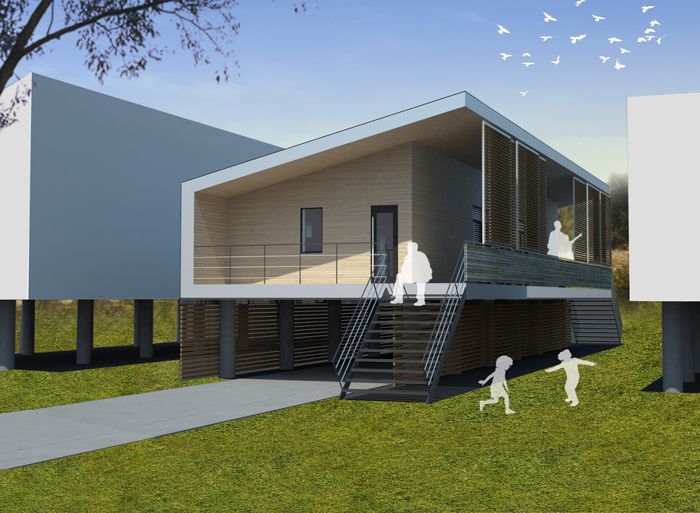
A winning design for an energy-efficient house in the Deep South sparks a debate: Can more insulation make a house harder to cool?
More from greenbuildingadvisor.com
Passivhaus Homes are Extremely Tight and Energy Efficient
Are Passivhaus Requirements Logical or Arbitrary?
The house was designed to meet stringent Passivhaus standards for low energy consumption, but a GreenBuildingAdvisor reader comes across a comment suggesting lots of insulation might, under some condtiions, actually make the house harder to cool.
The reason? Internal heat gains. That is, heat thrown off by the refrigerator, lights, water heater and other sources would not dissipate as easily in a heavily insulated house when it’s too humid outside to throw open the wndows.
Although no one is trying to make a case for less insulation in new construction, the paradox is enough to generate a number of comments and is the subject of this week’s Q&A Spotlight.
Read the whole article at GreenBuildingAdvisor.com.
Fine Homebuilding Recommended Products
Fine Homebuilding receives a commission for items purchased through links on this site, including Amazon Associates and other affiliate advertising programs.

Handy Heat Gun

8067 All-Weather Flashing Tape

Reliable Crimp Connectors
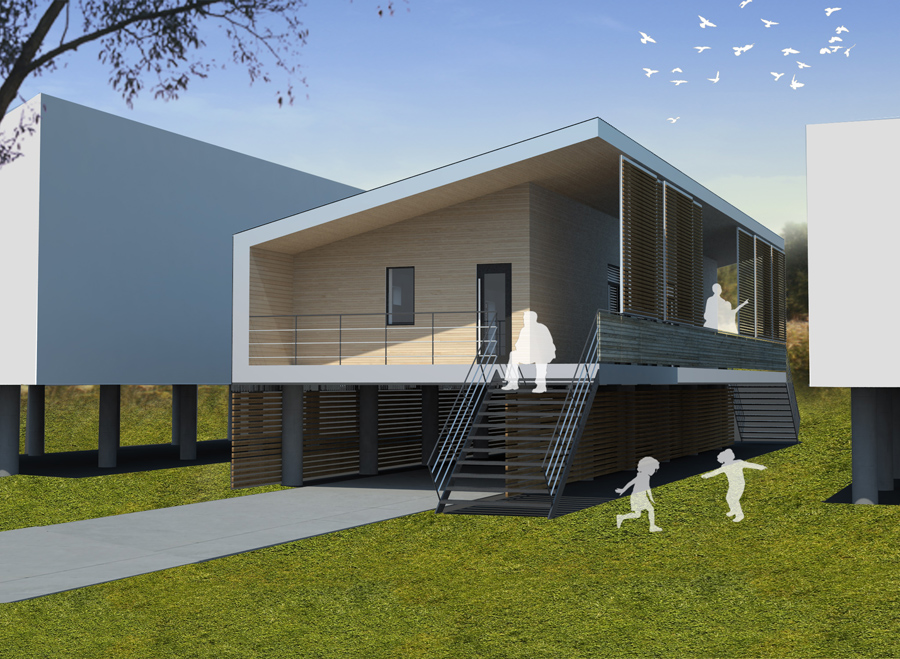
This award-winning Passivhaus home in New Orleans by sustainable.TO helped kick off a debate about insulation in a hot, humid climate.

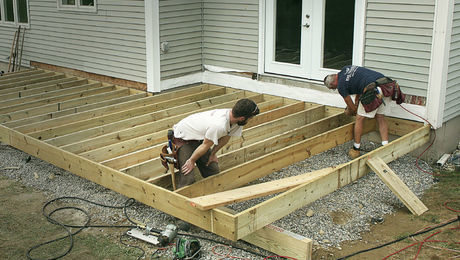
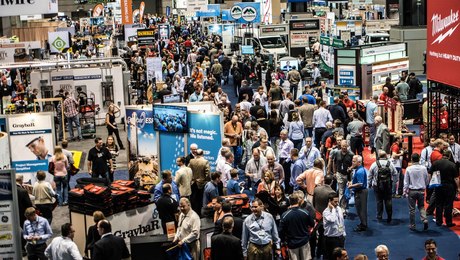



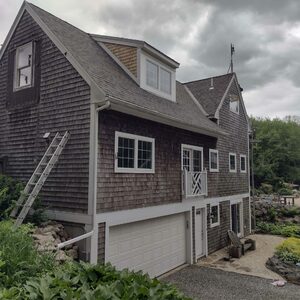
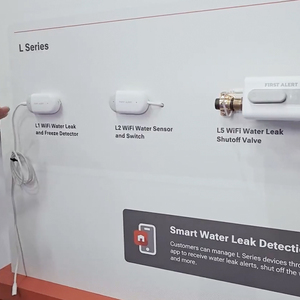

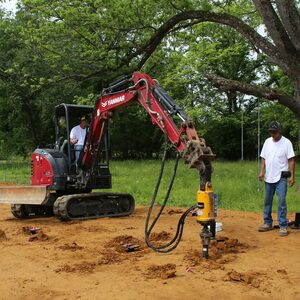



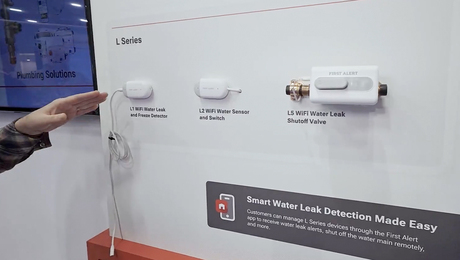













View Comments
How about having your link to Green Building Advisor actually go to page the article is on?
I received an email from you guys that linked to this article 2 hours ago and the linked article is not on the GBA homepage. It was either cycled out in a hurry or never was there.
This is not the first time.
The newest comment on the linked page on PH in New Orleans was dated August of '11??
Thermal Mass is the answer, In Germany the building code requires the insulation to be as far as possible to the outside of the building. This means most of the office towers in north america have the insulation on the wrong side of the thermal mass. If the insulation is on the outside of the concrete thermal mass the heat can be ventilated out at night cooling the mass which will absorb heat during the day. There are claims that no air conditioning is required in a normal work day in a high thermal mass building. The same applies to a high thermal mass concrete block house with concrete block partisions. People have been building high thermal mass houses for thousands of years in hot desert climates. As for heat fron refrigeraters how hard is it to vent the heat out. One of the things that I have thaught was stupid is a 'convenience store' with 20 coolers running flat out and pumping the heat back into the building in the summer. It would be easy to vent the heat out. Without venting you need an air conditioner equal to all the cooling capacity jest to nearly break even. weard or what? correct me if I am wrong ....